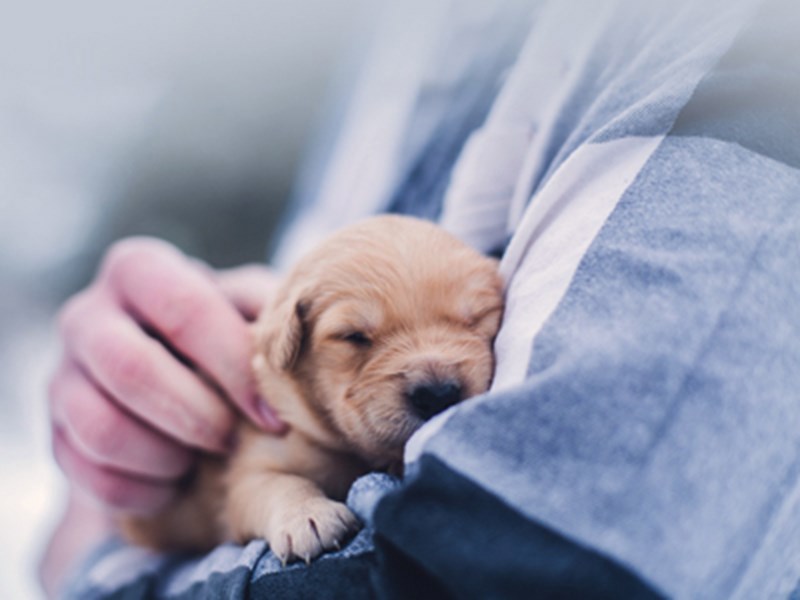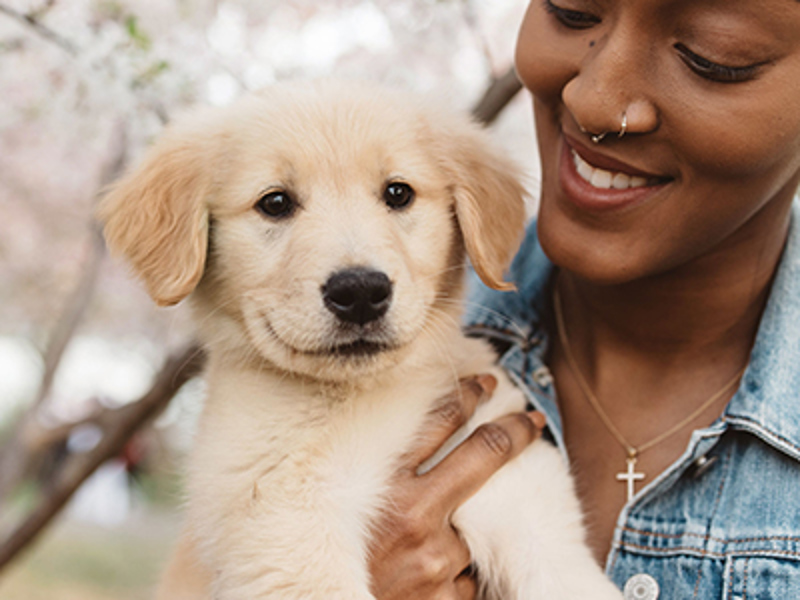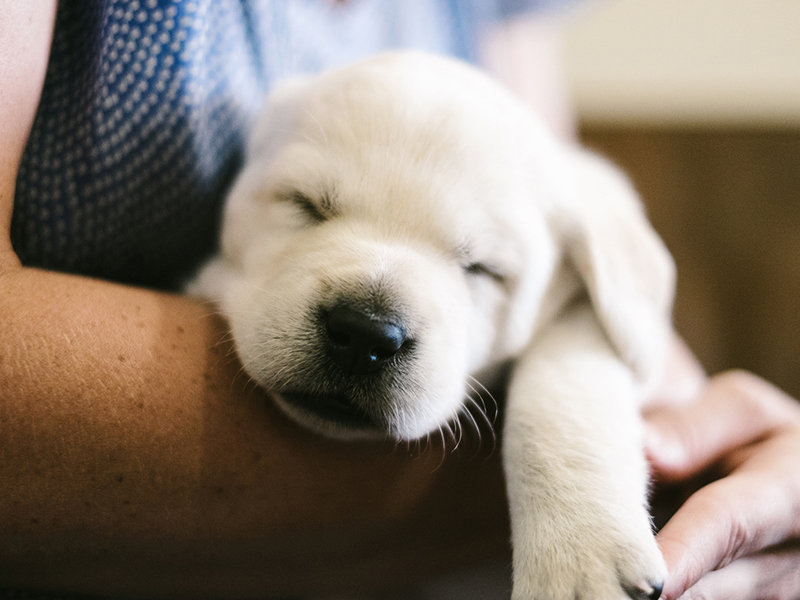
German Shepherd Dog
Breed characteristics
- Size
- Large
- Exercise
- More than 2 hours per day
- Size of home
- Large house
- Grooming
- More than once a week
- Coat length
- Short & long
- Sheds
- Yes
- Lifespan
- Over 10 years
- Vulnerable native breed
- No
- Town or country
- Either
- Size of garden
- Large garden
About this breed
The first breed club was formed in 1881 after Max von Stephanitz and his followers developed and promoted the breed as a herding dog, and later as a working dog used by the police and the armed forces. From the First World War the bravery and temperament of the German Shepherd has gained the breed worldwide recognition and praise and he has shown his worth in other disciplines too:- as a guide dog for the blind, as a tracking dog, and in obedience.
The evolution of the breed and its changed appearance in the last fifty years has provoked fierce debate: the German Shepherd has a marked division of breed “type”.
In recent years the long haired variety, once frowned upon in its native country has been officially recognised in the breed standard.
Images for this breed
The Pastoral breed group
The Pastoral Group consists of herding dogs that are associated with working cattle, sheep, reindeer and other cloven footed animals.
Usually this type of dog has a weatherproof double coat to protect it from the elements when working in severe conditions. Breeds such as the Collie family, Old English Sheepdogs and Samoyeds who have been herding reindeer for centuries are but a few included in this group.
Colour Watch
Category 2: Breeds with >2 to 10% registered NBS colours
Breed Standard colours
Breed standard colour means that the colour is accepted within the breed standard and is a traditional and well-known colour in this breed.
Breed standard colours in this breed include:
- Bi-Colour
- Black
- Black & Gold
- Black & Tan
- Dark Sable
- Gold Sable
- Grey
- Grey Sable
- Sable
Non-breed-standard colours
Non-breed-standard colour means that the colour is not accepted within the breed standard and whilst some dogs within the breed may be this colour, it is advised to only select a dog that fits within the breed standards for all points.
Colour is only one consideration when picking a breed or individual dog. Health and temperament should always be a priority over colour.
Non-breed-standard colours in this breed include:
- (NBS) White
- (NBS) Blue
- (NBS) Blue & Gold
- (NBS) Blue & Tan
- (NBS) Blue Sable
- (NBS) Isabella
- (NBS) Isabella & Tan
- (NBS) Liver
- (NBS) Liver & Tan
- (NBS) Liver Sable
Other colour/s
'Other' means you consider your puppy to be a colour not currently known within the breed and one that does not appear on either the breed standard or non-breed-standard list. In this instance you would be directed through our registration process to contact a breed club and/or council to support you on identifying and correctly listing the new colour.
Health
Whether you're considering buying a German Shepherd Dog puppy or breeding from your dog, it's important to understand the health issues that may affect the breed and how they can be managed or avoided.
Pre-breeding Health Screening
Good Practice schemes and tests
We strongly recommend that breeders, at a minimum, conduct these tests before breeding, as evidence indicates these conditions are a significant concern in the breed.
- Elbow testing (for elbow dysplasia) using the BVA/KC Elbow Dysplasia Scheme
- Hip testing (for hip dysplasia) using the BVA/KC Hip Dysplasia Scheme
Best Practice schemes and tests
These tests address conditions that are still significant for the breed, though they may not be as critical as those listed under Good Practice. They might be less common or newly identified, and research is ongoing to determine their full impact.
To support the breed’s health, responsible breeders should ensure they complete all tests in both categories. Following our Best Practice guidelines means completing both the Good Practice and Best Practice tests for your breed.
- DNA test for degenerative myelopathy (DM) - Find a list of tested dogs here
- Eye testing using the BVA/KC/ISDS Eye Scheme
This breed can be affected by conformational concerns, more information can be found here.
This breed also has a breed club health scheme, with further information available here.
Click here to find out more about The Kennel Club's health standard
Find out about a particular dog's results
Please visit our Health Test Results Finder to discover the DNA or screening scheme test results for any dog on The Kennel Club's Breed or Activity Register.
You can also view the inbreeding coefficient calculation for a puppy's parents, or for a dog you're thinking of breeding from.
DNA Testing Services
To support your health testing journey, we provide our tailored German Shepherd Dog Breed-Specific Package (with DNA profile included). Giving you the information you need about potential health risks, this package includes screening for Degenerative myelopathy (DM)*, Multidrug resistance gene 1 (MDR1) and DNA Profile (SNP - ISAG 2020).
3 essential tests valued at £235 for just £150, that screen for multiple conditions at once, saving you time and providing vital health information.
*tested by Laboklin
Breed Health & Conservation Plan
The Breed Health and Conservation Plans
Our breed health and conservations plans (BHCPs) use evidence and data to help us understand the health issues found in each pedigree dog breed. These plans help breeders and owners identify health and welfare problems and use information, health tests and health schemes to avoid passing on those problems to future puppies. They also support and provide breeders with tools and specialist expertise to help manage genetic diversity, understand the impacts of close breeding, and find the best ways to preserve the population of their breed.
Working together for the breed
We’ve worked with breed clubs and breed representatives to gather all available evidence to help us determine the priority concerns for the breed and decide how we can work together to manage and reduce these problems.
The full evidence base is available at the discretion of the breed clubs, however if you would like to seek access to the full report, please contact our health team.
More about health
If you have any concerns about a particular health condition in your breed then you may wish to speak to your vet or you could contact your breed health co-ordinator.
Breed health co-ordinators are individuals working on behalf of breed clubs and councils who are advocates for the health and welfare of their chosen breed. They acts as a spokesperson on matters of health and will collaborate with The Kennel Club on any health concerns the breed may have.
To contact your breed health co-ordinator please email
or
M W Robinson
Breed watch
Category 2
Particular points of concern for individual breeds may include features not specifically highlighted in the breed standard including current issues. In some breeds, features may be listed which, if exaggerated, might potentially affect the breed in the future.
Breeding restrictions
There are a number of The Kennel Club's rules and regulations that may prevent a litter from being registered, find out about our general and breed specific breeding restrictions below.
More about breeding
There are not currently any additional breed specific restrictions in place for this breed.
Looking for a puppy?
Looking for a German Shepherd? Explore our list of puppies and rescue dogs for sale near you.
More information

Need to find out more about a breed?
Use our Find a Club service where you can locate breed clubs that can offer support and advice.

Use our Find a Puppy service
The Kennel Club's Find a Puppy service provides contact details for breeders who have puppies available. Let's help you find your new best friend.

Get the best lifetime pet insurance
At Kennel Club Pet Insurance, we want you to focus on getting the best possible treatment for your dog without worrying about the cost.

